SuperEx丨The DeSci concept is hot! Could it be the new hot narrative?
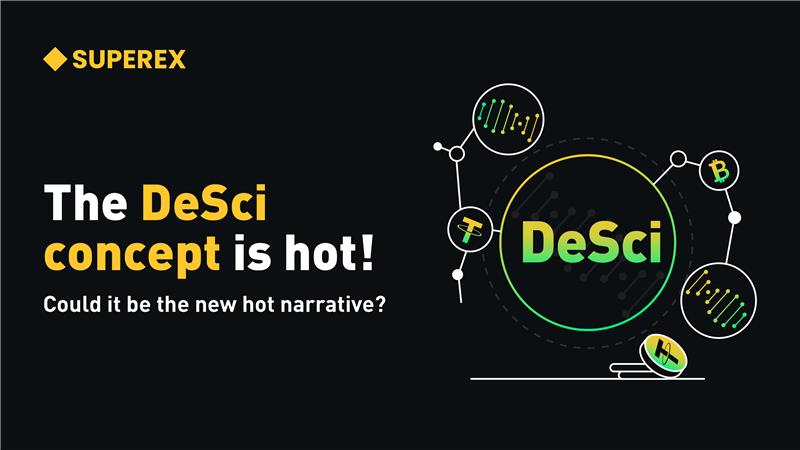
#SuperEx #DeSci #crypto
Decentralized Science (DeSci for short) is an emerging movement that utilizes blockchain technology to address the core challenges in the scientific field, such as insufficient funding, lack of transparency, and difficulties in collaboration.
By employing decentralized technologies like Tokens, NFTs (Non-Fungible Tokens), and Decentralized Autonomous Organizations (DAOs), DeSci is committed to building a more open, community-driven, and incentive-based scientific research model. It promotes transparent funding models, peer-review processes, and data sharing by eliminating traditional intermediaries. Projects like VitaDAO, Molecule, and AminoChain have already demonstrated the potential of DeSci, but whether it can become a new hot narrative still needs to be explored from the following aspects.
- Click to register SuperEx
- Click to download the SuperEx APP
- Click to enter SuperEx CMC
- Click to enter SuperEx DAO Academy — Space

The fundamental reason why the scientific community needs DeSci lies in the fact that there are numerous problems in the traditional scientific research system that cannot be ignored. Firstly, there is an imbalance in the distribution of funding. Currently, scientific research funds are mainly controlled by government funding agencies and a few large private foundations, and these funds tend to concentrate on a few popular fields. Many potentially groundbreaking studies have been stagnated due to lack of funding. For example, according to Statista data, in 2021 alone, the funding for cancer research by the National Institutes of Health (NIH) in the United States accounted for more than 50% of the total budget, while the funding for emerging or marginal sciences accounted for only a tiny proportion.
Secondly, the lack of transparency and efficiency in scientific research has hindered scientific progress. The traditional peer-review process is time-consuming and lacks transparency. Research data is often locked within journals or laboratories and cannot be quickly shared and verified. This leads to a waste of scientific research resources and an increase in the repetition rate of research. According to a survey by the journal Nature, nearly 70% of scientists said that their research had been hindered by the inability to access others’ data.
Thirdly, the global demand for scientific cooperation is increasing day by day, but the current system has difficulty meeting it. Transnational scientific research projects are often stranded due to intellectual property disputes, data barriers, or asynchrony in funding sources. Especially in the field of biomedicine, the complexity and cost of new drug research and development are extremely high, but the conversion efficiency from basic research to clinical application remains low.
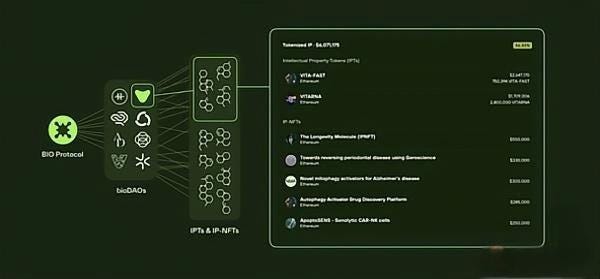
DeSci provides solutions to these problems through decentralized technologies. Firstly, it introduces a transparent funding mechanism. Funds can be raised in the form of Tokens or NFTs, and anyone can become a scientific research funder. For example, VitaDAO provides funding for anti-aging research and at the same time gives funders the right to supervise the progress of the research. The blockchain-based smart contract ensures the transparent use of funds, and researchers can obtain funding according to the progress instead of the traditional one-time appropriation model.
In addition, DeSci can reshape the paradigm of data sharing and intellectual property rights. Through decentralized data storage platforms, research data can be directly uploaded to the blockchain, allowing global scientists to access it immediately, and all access and modification records are recorded. For example, the Molecule platform uses blockchain technology to decentralize the ownership of drug research and development data and auctions the property rights of drug candidate molecules in the form of NFTs, thus motivating more innovators to participate.
Another important feature is that DeSci promotes open cooperation across disciplines and regions. Traditional scientific research collaboration is often limited by the internal structures of universities or scientific research institutions, while research communities based on DAOs enable scientists from different fields to collaborate directly. For example, AminoChain is attempting to build a decentralized biological data network that allows scientists to obtain platform Tokens by contributing data and algorithms, thus establishing a dynamic incentive mechanism.
However, whether DeSci can become the next-generation hot narrative depends on several key factors. Firstly, it depends on the public’s awareness and trust. Currently, the participants in DeSci are mainly scientists and investors who are familiar with blockchain technology, while the awareness among the general public and traditional scientific research institutions is still relatively low. Similar to the early days of DeFi and NFTs, DeSci needs to build trust through practical application scenarios and successful cases. For example, an anti-aging research project funded by VitaDAO has already shown preliminary results, and similar cases will greatly enhance the credibility of DeSci.
Secondly, it depends on the maturity of the technical infrastructure. Issues such as the storage capacity, transaction speed, and cost of the blockchain need to be further addressed. For scientific data, especially large-scale biological data or experimental records, its storage and processing require more innovative technical support. For example, currently, there are decentralized storage platforms (such as IPFS and Arweave) that can partially solve this problem, but there is still a long way to go to fully meet the needs of scientific research.
Finally, the future of DeSci also depends on whether it can be integrated into the broader Web3 narrative and economic system. If DeSci can be combined with other Web3 applications such as DeFi and NFTs, for example, by using the liquidity mechanism of DeFi to realize the redistribution of scientific research funds or by using NFTs to incentivize science popularization activities, its attractiveness will be greatly increased. In addition, the promotion of decentralized autonomy in Web3 also provides a better development environment for the DAO model of DeSci.
At present, DeSci is still in its early development stage, but it has already shown its potential. The changes in popularity over the past two years indicate that the demand for openness, transparency, and efficiency in the scientific field is growing rapidly. According to the “Blockchain Science Innovation Report”, by 2030, the global decentralized science market size is expected to reach $500 billion, especially in application fields such as biomedicine and climate science.
Therefore, DeSci is not only a technological revolution in scientific research but also may become an experimental field for future social governance and collaboration models. In the next few years, we will witness the whole process of its transformation from a niche concept to a mainstream narrative, and what really determines this process is whether the technology can meet the core needs of human society.



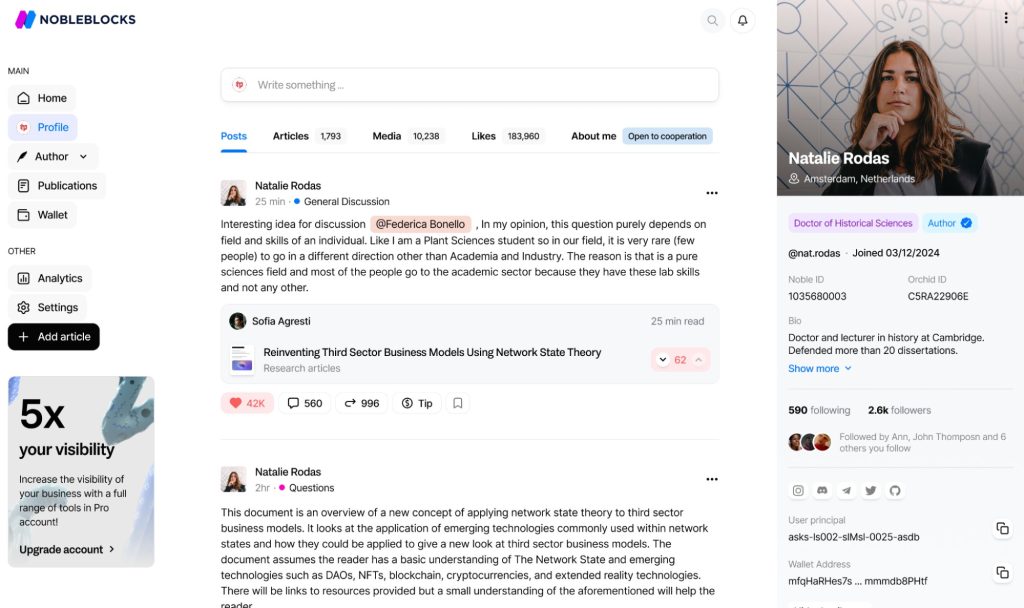

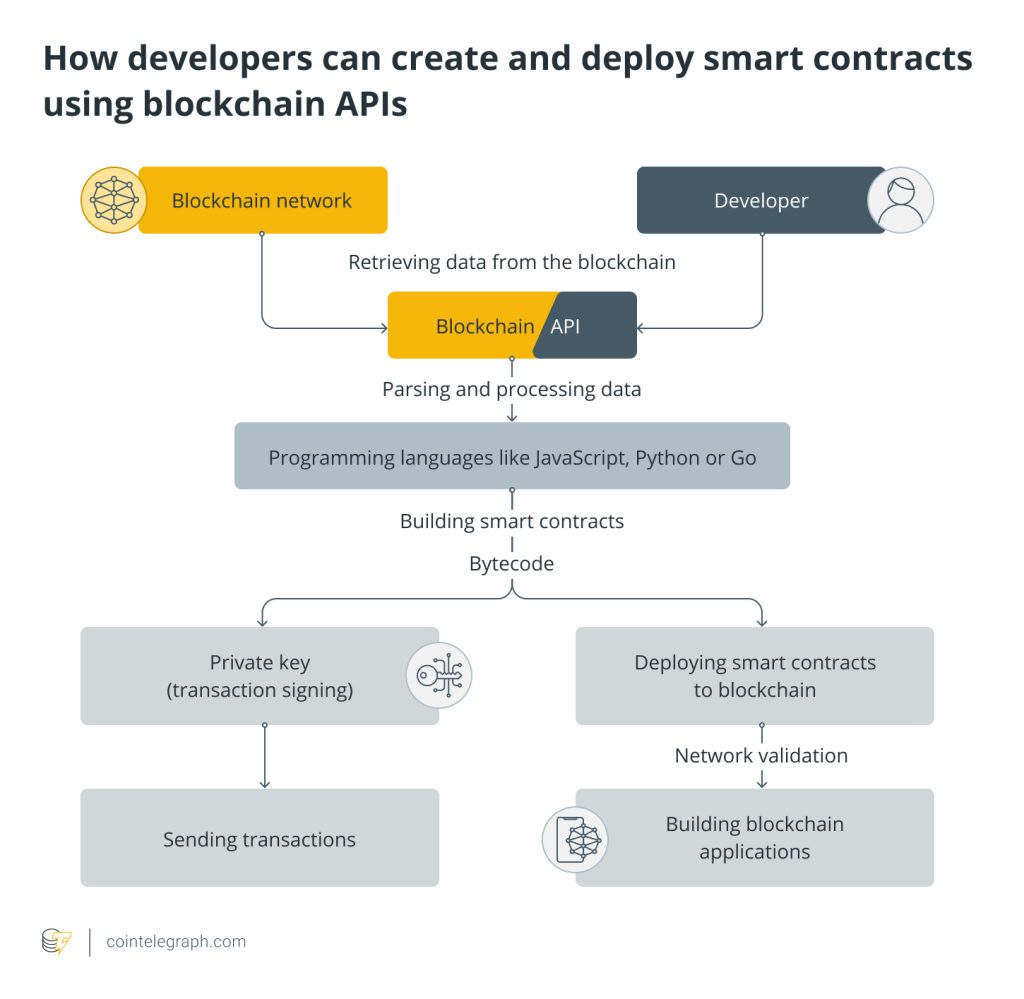
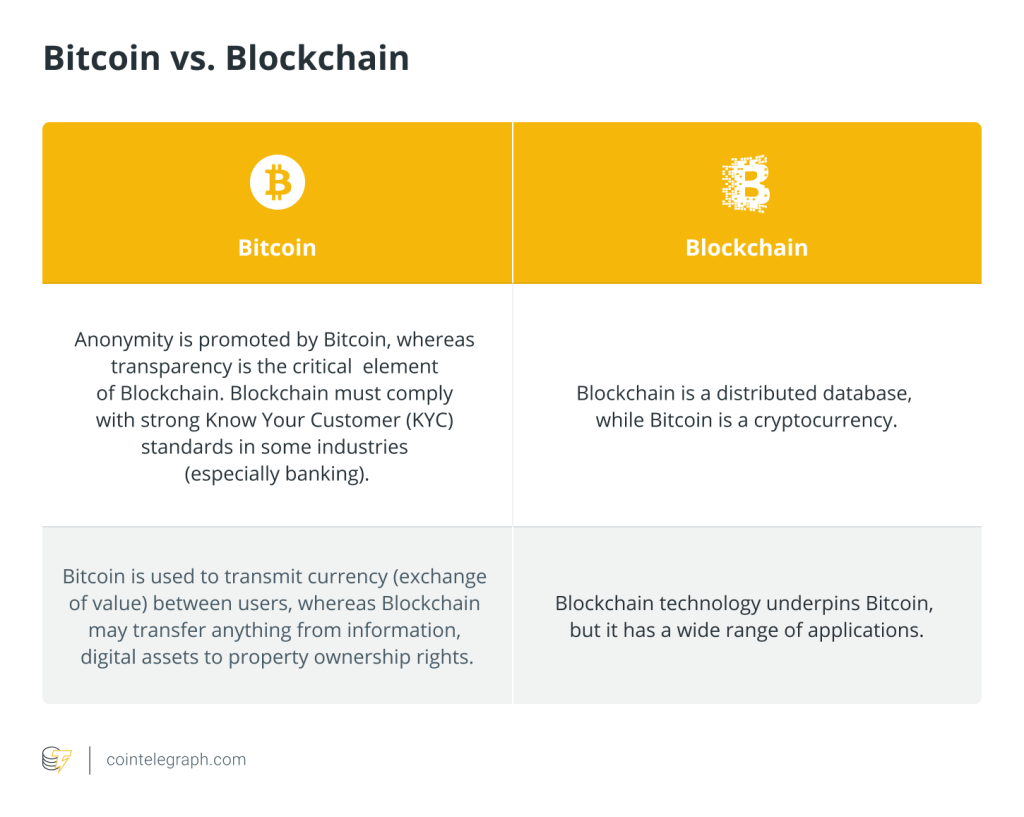
Responses